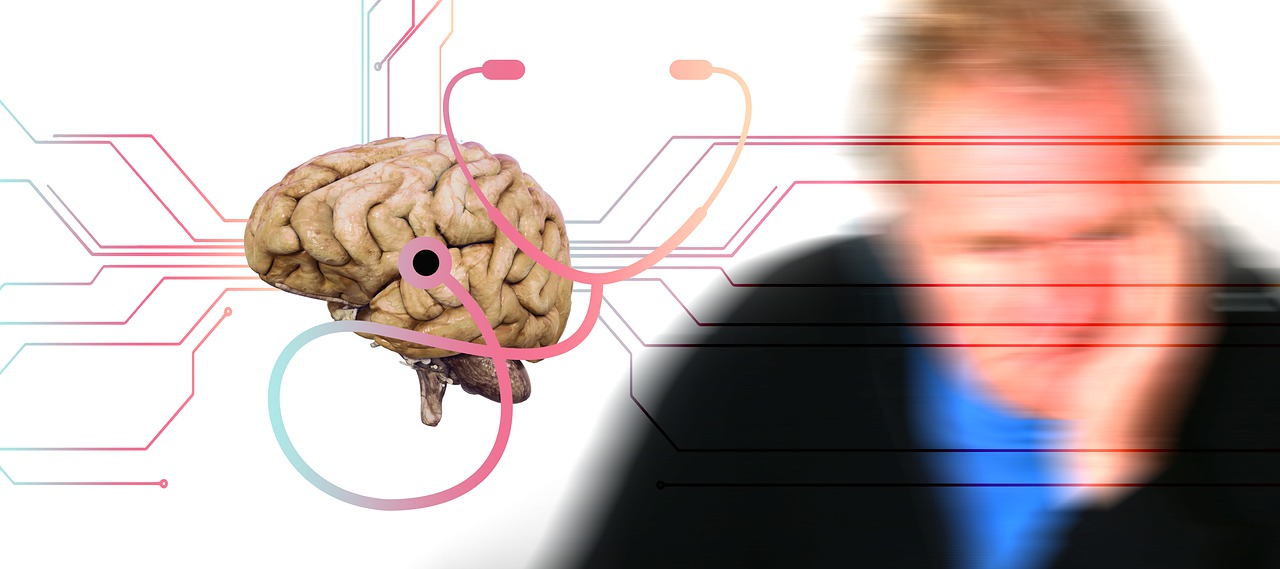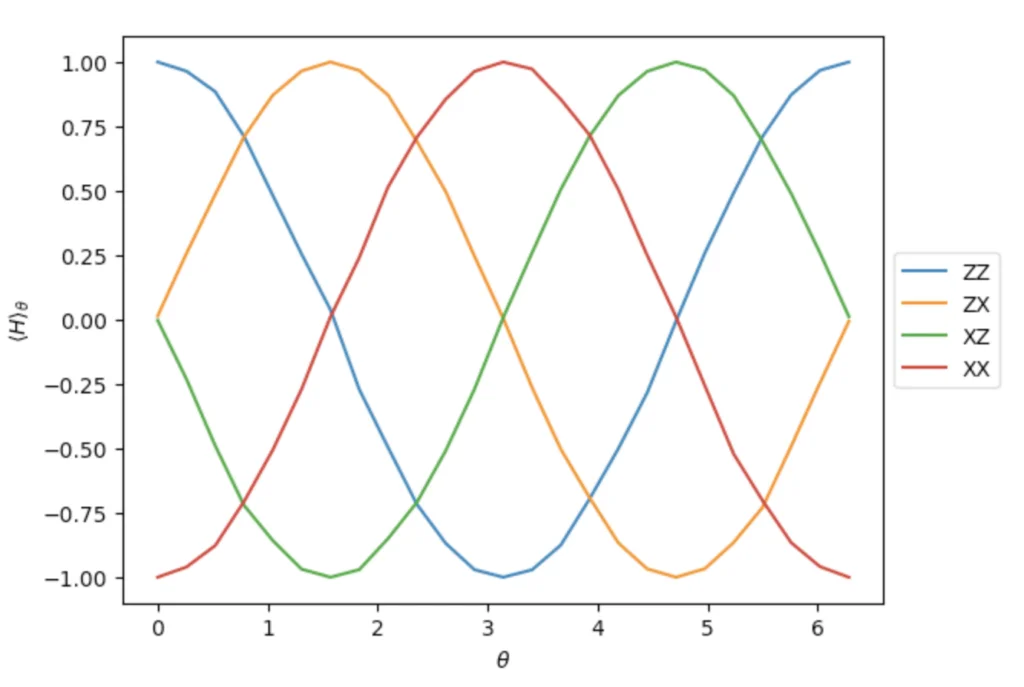Insider Brief
- A hybrid classical-quantum approach might boost the accuracy and efficiency of Alzheimer’s disease diagnosis.
- Detecting Alzheimer’s disease early can potentially improve the quality of life for those suffering from the disorder and their caregivers.
- The research team was from the University of Gondar.
A team of scientists said an innovative ensemble deep learning model combined with quantum machine learning classifiers might improve the accuracy and efficiency of Alzheimer’s disease (AD) classification, according to a study published in Nature.
The researchers, from the University of Gondar in Ethiopia, used the classifiers to investigate Alzheimer’s disease, a chronic neurodegenerative disorder. Early diagnosis is crucial for timely intervention and treatment, potentially improving the quality of life for those affected. Traditional methods for diagnosing Alzheimer’s have limitations in accuracy and efficiency, prompting researchers to explore advanced technologies, such as quantum computing.
Quantum Computing and Deep Learning

Quantum computing offers a promising alternative to classical machine learning approaches for various disease classification tasks. Quantum computers, while still under development, can theoretically process complex data and perform calculations at a much faster rate, leveraging quantum’s unique potential to handle large datasets more efficiently and accurately.
The team leveraged this potential by developing a model that integrates deep learning architectures and quantum machine learning algorithms. This hybrid approach aims to enhance the precision and speed of Alzheimer’s diagnosis.
The study used data from the Alzheimer’s Disease Neuroimaging Initiative I (ADNI1) and Alzheimer’s Disease Neuroimaging Initiative II (ADNI2) datasets. These datasets, comprising MRI brain images, were merged and pre-processed to form the basis of the proposed model. Key features were extracted using a customized version of VGG16 and ResNet50 models. These features were then fed into a Quantum Support Vector Machine (QSVM) classifier to categorize the data into four stages: non-demented, very mild demented, mild demented, and moderate demented.
The ensemble deep learning model combined the strengths of both VGG16 and ResNet50 architectures, deep learning architectures used for image recognition tasks. VGG16 is known for its simplicity and deep convolutional layers, while ResNet50 introduces residual connections to allow for training of very deep networks without performance degradation. The QSVM classifier provided the computational power of quantum algorithms. This combination aimed to enhance the overall performance of the classification model.
Evaluation and Results
The performance of the proposed model was evaluated using six metrics: accuracy, area under the curve (AUC), F1-score, precision and recall. The results demonstrated that the ensemble model significantly outperformed several state-of-the-art methods in detecting Alzheimer’s disease.
- The VGGNet with QSVM achieved 95.65% accuracy and 98.85% AUC.
- The ResNet + QSVM achieved 91.56% accuracy and 97.87% AUC.
- The proposed VGGNet + ResNet + QSVM model achieved an impressive 99.89% accuracy and a nearly perfect 99.99% AUC.
These results lean toward the superiority of the ensemble model with QSVM in accurately classifying AD stages from the merged ADNI dataset. It’s important to note that the ResNet + QSVM model exhibited a 6% improvement in accuracy compared to the standalone ResNet model, while the proposed ensemble model showed 8.5% and 12.21% better results compared to other ensemble and SVM models, respectively.
The experiments were conducted using a Hewlett Packard Core i5, sixth-generation computer with 8 GB RAM, and a Google Colab Pro GPU.On the quantum side, the researchers relied on a 5-qubit quantum hardware or simulator, employing the QSVM model from the Qiskit library. This setup allowed for efficient processing and analysis of the MRI brain images, demonstrating the practical application of quantum computing in medical research.
Implications and Future Research
The study highlights the potential of combining quantum classifiers and ensemble learning to achieve effective outcomes in disease classification tasks. The integration of quantum machine learning classifiers with deep learning architectures can significantly improve the accuracy and efficiency of Alzheimer’s disease diagnosis.
However, the researchers acknowledge the need for further studies to evaluate the practical implementation of this model within medical devices. Future research could focus on integrating the proposed model into real-world medical settings, providing a significant solution to support primary care for Alzheimer’s disease, especially in cases where MRI scans are blurred or challenging to interpret.
The researchers include: researchers Abebech Jenber Belay, Yelkal Mulualem and elaku Bitew Haile, all of the department of Information Technology, College of Informatics, University of Gondar, Gondar, Ethiopia.














